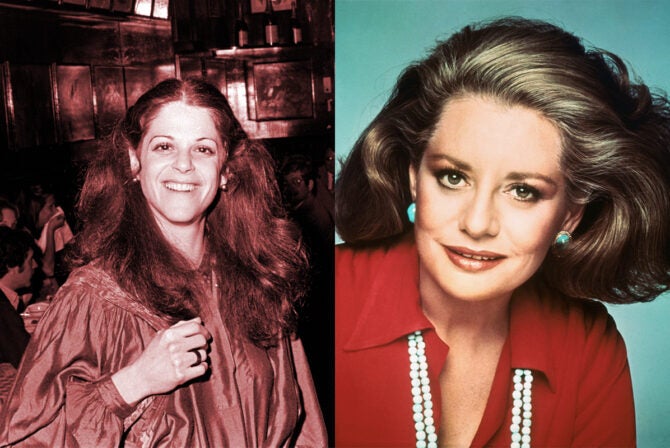It was mid-week, and I wanted my children to have an on-site learning experience for history that day. We homeschool, so I decided that a trip the Holocaust museum was a good idea.
The evening before, my husband and I discussed whether it was appropriate, due to their young ages. My children are 7, 4, and 1, and many parents have mixed opinions on this. But this was an experience we wanted our children to have.
When I told my Grandma Sarah that we were going, she begged me not to take the kids—she didn’t want them to see the things that her family worked so hard to escape. I promised her that we would keep it age appropriate but still engage the children in important life lessons and teach them what our family experienced years ago. I explained to my grandma that everyone knows their children best, and my kids were absolutely ready to learn about the Holocaust.
My grandfather, Saul Gerszberg, was a Holocaust survivor who later passed away from cancer when I was a teenager. At age 11, he was shot in the back during the Holocaust. Hiding under a pile of dead bodies and pretending to be dead was the only way he was able to save himself and ultimately escape. Growing up, he showed me his scar many times and told me how we are lucky to be alive. His father and siblings were killed in the Holocaust, but my grandfather valued life and family. He never forgot what he went through and understood the gift from Hashem that was his life.
We lost many family members from my mother’s side and my father’s side in the Holocaust. Many children—the same ages as my children are now—suffered and lived through terrible times. My children must understand how blessed they are and learning our roots is the best way to give them a deeper appreciation for life.
During our trip, we spent a lot of time at the first floor exhibit called “Remember the Children: Daniel’s Story” at the United States Holocaust Memorial Museum. My children learned about one family’s experience during the Holocaust from the perspective of a boy named Daniel, who grew up in Nazi Germany between 1933 and 1945. First my children watched a film, and then they entered a realistic environment to immerse themselves into Daniel’s experience.
As we walked the simulated street of Frankfurt and into the house in which Daniel and his family lived, I asked my children how it might feel to take the blame or get punished for something they didn’t do. This certainly got them thinking. “Daniel and other Jews were no longer allowed in the public park anymore for no reason,” I explained to my kids. This stirred up conversation amongst my daughters about how “unfair it was for Daniel and his friends.”
My daughters then tried to imagine what they would do if they had to pack all of their belongings into a small suitcase and move to the ghetto. Emma (age 7) and Sophia (age 4) said they weren’t sure how they would do that. “I have no idea what I would do if I had to leave all of my favorite things behind and leave our home,” Emma said.
Sophia mentioned how the blue bedding in Daniel’s bedroom reminded her of her baby brother, Ethan’s, room. Emma read all of the diary entries on display and especially liked the one about Friday night, Shabbat. She pointed to the Shabbat candlesticks and said, “Mom, those candlesticks look just like yours.” My children quickly realized that Daniel was just a child like them.
One of the workers commented on how my children were learning so much and asked how old they were. Before I could answer, Sophia immediately began telling her that she is 4 and her Hebrew name is after her great grandfather who survived the Holocaust, Saul (Shlomo), but her middle name is after her great-great-great grandma, Malka, who got killed in the Holocaust with many of her children.
“Shira Malka is my Hebrew name and I am alive because of great people in the past.”
This melted my heart. Just hearing my daughter make the connection from who she is named after and understanding a piece of their life, helped bring honor to who she is. Finally, I knew that bringing them to the museum was a great idea, allowing them to understand what our ancestors went through.
In the end, I have no regrets about bringing my kids to the Holocaust museum.
My 4-year-old said that she feels “lucky” to be here on earth, having seen how difficult other kids’ lives were in the Holocaust. And it was even a successful trip for my 1-year-old baby—who slept through the whole thing.
Read More:
The Holocaust, Through the Stories of my Grandmother
This Woman Left Hasidism So She Could Become a Woman
As the Granddaughter of Holocaust Survivors, I Can’t Stay Silent About This







